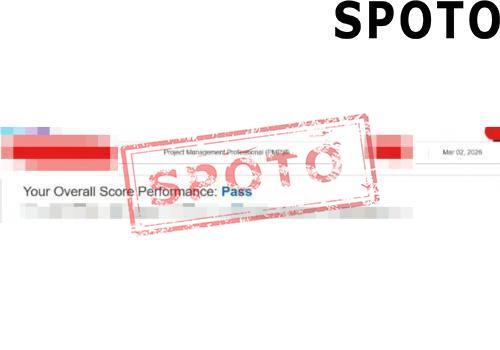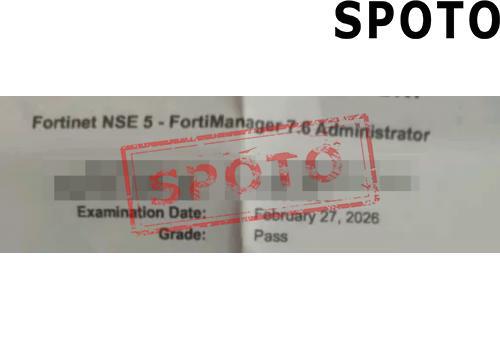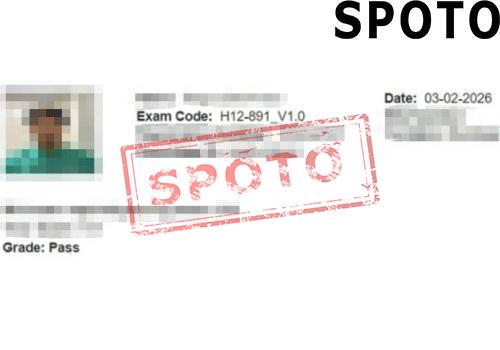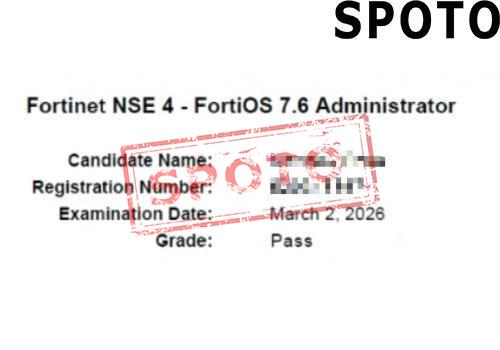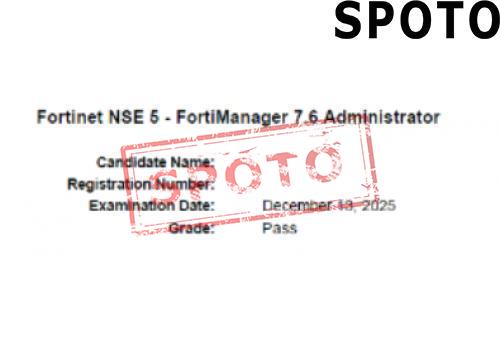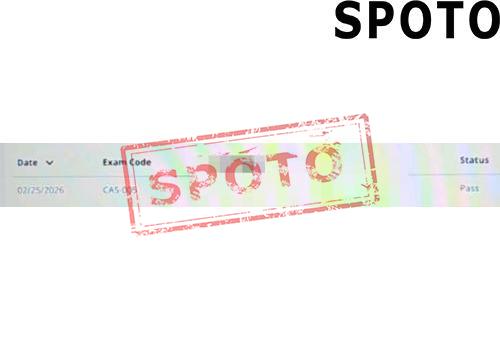
Table of Contents
The AI in Accounting industry is witnessing substantial expansion, projected to achieve a valuation of USD 1.56 billion in 2026 and poised to soar to USD 6.62 billion by 2029. This dynamic progress is propelled by the increasing integration of AI technologies for automating repetitive tasks like data entry and the preparation of financial statements. The emphasis lies not only on enhancing efficiency but also on promoting accuracy, efficacy, and informed decision-making. Consequently, entry-level accountants may see AI adoption replacing their roles, while demand for high-level accountants is set to intensify.
Furthermore, the surge in AI integration in the accounting sector underlines the growing significance of holding a CPA certification. This renowned qualification demonstrates an individual's competency and proficiency in ensuring financial accountability, transparency, and awareness of all relevant regulations and standards, enforcing the demand for accountants with specialized expertise merging traditional and progressive accounting practices.
What Is CPA Certification?
CPA Certification, or Certified Public Accountant Certification, is a professional credential that demonstrates a CPA's expertise and competence in accounting and financial management. CPAs are trusted financial advisors who have met rigorous education, examination, and experience requirements. They are equipped to provide a wide range of services including tax preparation, financial planning, auditing, and consulting. Earning a CPA Certification opens up opportunities for career advancement and signifies a commitment to upholding the highest standards of ethical and professional conduct in the accounting profession.
All About the CPA Certification
The Eligibility Criteria of CPA Certification
1. State-specific requirements for CPA certification set by each state board of accountancy.
2. Common criteria for CPA applicants:
- Bachelor's degree in accounting or related field from an accredited university.
- Completion of specific credit hours in accounting and business courses.
3. Work experience requirement of 1-2 years in accounting field.
4. Importance of work experience in developing practical skills for CPA role.
5. Passing the Uniform CPA Examination.
6. Fulfillment of additional state-specific requirements like ethics exams or professional education courses.
The Structure of the CPA Exam
Auditing and Attestation (AUD) - A deep dive into the auditing process, emphasizing principles, procedures, and the auditor's ethical landscape.
Business Environment and Concepts (BEC) - This section paints a broad stroke across the business landscape, focusing on the integral role of accountants amidst corporate governance, economic patterns, and information technology systems.
Financial Accounting and Reporting (FAR) - An exploration of financial reporting's backbone, with a spotlight on accounting standards, financial statement preparation, and reporting requirements.
Regulation (REG) - A journey through the regulatory framework governing business, with a focus on ethics, legal responsibilities, and federal taxation.
SPOTO: Your Path to CPA Certification Starts Here!
Exam Format Details
Duration: Each section of the CPA Exam is 4 hours long, making the total exam time 16 hours, split across different testing sessions.
Question Types: The exam employs a mix of multiple-choice questions (MCQs), task-based simulations (TBS), and written communication tasks. The distribution of these question types varies by exam section.
Scoring: Each section is scored on a scale from 0 to 99, with a passing score being 75 or higher.
Testlet Structure: The exam is delivered in testlets - smaller groups of questions within a section. Typically, you will start with a testlet of MCQs followed by a testlet of TBS. The BEC section also includes written communication tasks.
Preparation Tips
Blueprint Mastery: Start with the AICPA's blueprints for each exam section—your roadmap to understanding content distribution and weightage.
Diverse Practice: Embrace the variety in question types, with a keen focus on mastering task-based simulations and honing your written communication.
Mastering Time: The essence of success lies in effective time management—practice under timed conditions to sharpen your exam day strategy.
Invest in Growth: Consider a reputable CPA review course as a worthwhile investment in your professional future, offering tailored study materials and insights into the exam’s nuances.
Stay Informed: The landscape of accounting and auditing is ever-evolving. Regularly consult the AICPA website and your state's board of accountancy for updates and changes.
The Benefits of Getting CPA Certified
In the world of accounting and finance, becoming a Certified Public Accountant (CPA) is often viewed as the pinnacle of achievement. This prestigious certification is not just a testament to one's understanding of numbers but also a symbol of commitment, expertise, and professionalism in the field. However, the journey to CPA certification, while challenging, opens up a realm of opportunities and advantages.
1. Enhanced Career Trajectory:
The CPA certification is universally recognized as a hallmark of excellence in accounting. Holding this designation can significantly elevate your career, opening doors to senior-level positions in prestigious accounting firms, corporations, and government entities. CPAs often find themselves in roles that influence decision-making processes and strategic financial planning, positioning them as indispensable assets to their organizations.
2. Competitive Salary Prospects:
One of the immediate benefits of achieving CPA certification is the potential for a higher salary. According to Glassdoor, The estimated total pay for a CPA is $100,667 per year in the United States area, with an average salary of $92,560 per year. Refer to the industry surveys, CPAs can earn approximately 10-15% more than their non-certified counterparts at the outset. This gap widens with experience, with CPAs often reaching the upper echelons of income brackets in the finance and accounting sector.
3. Diverse Opportunities in Various Sectors:
CPA certification opens up a world of diverse opportunities across multiple sectors. Beyond traditional accounting roles, CPAs are highly sought after in consulting, forensic accounting, financial analysis, and corporate finance. The certification also paves the way for career paths in governmental and non-profit organizations, where stringent financial governance is critical.
4. Global Recognition and Mobility:
The CPA credential is not only recognized but also revered across the globe. This global acknowledgment allows CPAs to pursue international career opportunities, work with multinational corporations, or even relocate to other countries with ease. The universal demand for accounting expertise ensures that CPAs enjoy a high degree of professional mobility and flexibility.
5. A Network of Professionals:
Becoming a CPA automatically enrolls you in a distinguished community of professionals. This network is invaluable for career advancement, mentorship, and professional development. Networking opportunities facilitated through CPA associations and events can lead to job offers, partnerships, and collaborative projects.
6. Assurance of Ethics and Trust:
The CPA designation is synonymous with adherence to ethical standards and professional integrity. For clients and employers, this translates to a higher degree of trust and reliance on the services provided by CPAs. This level of professional trust enhances the reputation and credibility of CPAs, setting them apart in the marketplace.
7. Lifelong Learning and Professional Growth:
The field of accounting is ever-evolving, with new regulations, technologies, and methodologies continually emerging. The CPA certification process, along with the requirement for continuing professional education (CPE), ensures that CPAs remain at the forefront of the industry, equipped with up-to-date knowledge and skills.
8. Entrepreneurial Advantages:
For those with an entrepreneurial spirit, CPA certification offers the credibility and knowledge base necessary to start and grow their own firms. The expertise CPAs bring to the table is critical for business planning, financial management, and compliance, making them well-positioned to succeed as entrepreneurs in the competitive business landscape.
Conclusion
In conclusion, among the ever-evolving landscape of finance and accounting, the value of becoming a Certified Public Accountant (CPA) remains undiminished in 2026. Amidst rapid technological advancements, regulatory changes, and the globalizing economy, the CPA certification stands as a beacon of professional excellence, ethical integrity, and comprehensive expertise. Achieving this designation is more than an academic accomplishment; it's a strategic career move that opens doors to unparalleled opportunities, financial rewards, and professional growth. Whether it's enhancing your credibility, expanding your career options across industries and borders, or securing a competitive edge in the job market, the CPA certification continues to be a worthy and rewarding investment in your future. As the business world grows more complex and interconnected, the demand for skilled, versatile, and ethical accounting professionals is higher than ever. Thus, embarking on the journey to CPA certification in 2026 is not just a wise decision—it's a forward-looking step towards ensuring enduring success and relevance in the dynamic field of accounting.
